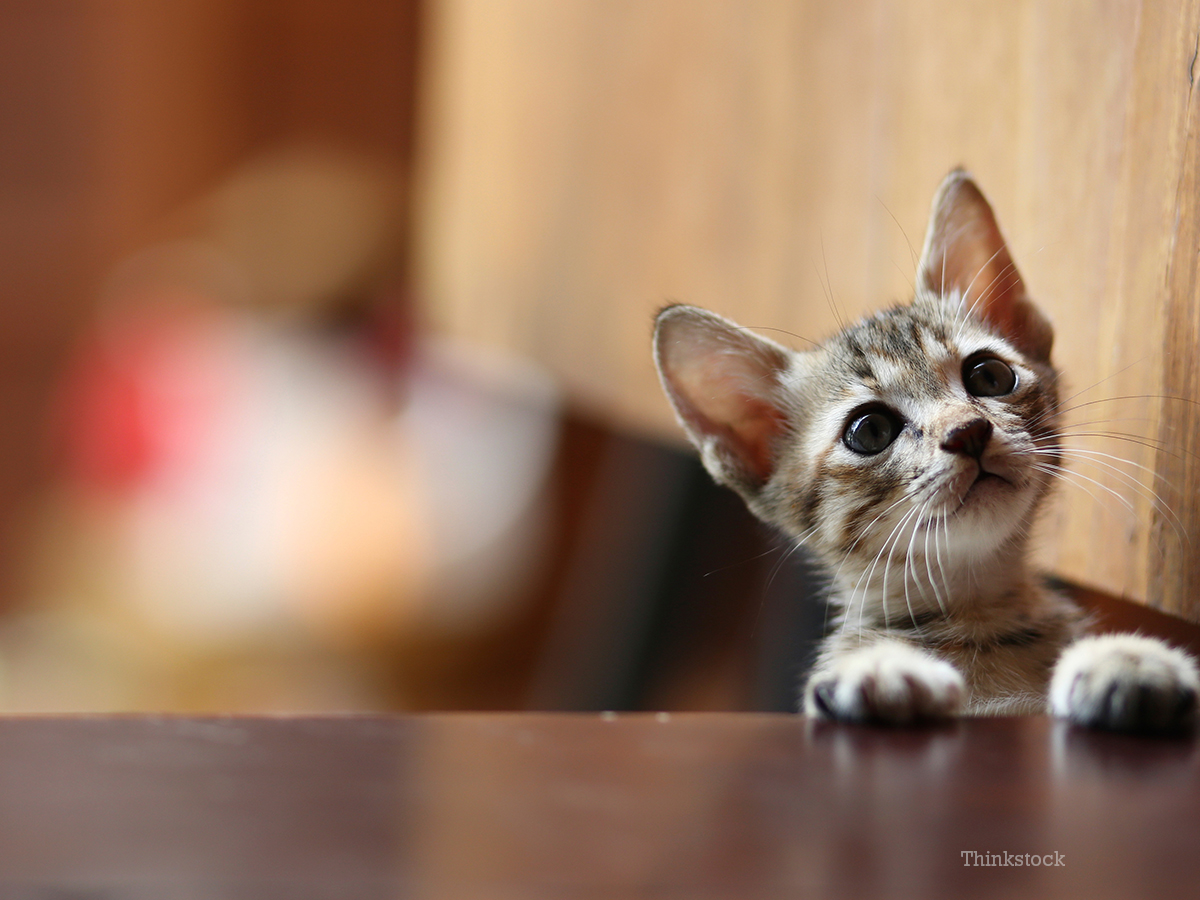Does My Cat Have Feline Parvo

The names feline distemper and feline parvo should not be confused with canine distemper or canine parvo although their names are similar they are caused by different viruses.
Does my cat have feline parvo. While not the same as canine parvovirus it is referred to as parvo due to the similar symptoms. Kittens are most severely affected by the virus. Feline parvovirus does not affect humans but you must adhere to hygiene measures in order to eliminate the virus from the environment. Feline infectious enteritis feline distemper panleukopenia or cat plague are all common terms used to describe the infectious disease known as parvovirus.
Feline panleukopenia virus fplv is a species of parvovirus that can infect all wild and domestic members of the felid cat family worldwide. Feline panleukopenia virus fpv pan loo ko peeneea also commonly referred to as feline distemper is a highly contagious and life threatening viral disease in the cat population. High fever severe vomiting diarrhea anorexia lethargy seizures sudden death. The best way to avoid infection is prevention.
You should keep young sick or unvaccinated cats away from other cats or those who have had the disease a few months earlier. It is a highly contagious severe infection that causes gastrointestinal immune system and nervous system disease. Its symptoms include vomiting diarrhea lethargy fever and no appetite. Feline infectious enteritis fie is a disease caused by infection with feline parvovirus fpv also known as feline panleukopenia virus.
Some older cats do not have severe symptoms but younger un vaccinated cats can become severely ill. What is feline parvovirus. You might have heard of feline parvovirus parvo referred to as panleukopenia or feline distemper fpv. Feline panleukopenia fp is a highly contagious viral disease of cats caused by the feline parvovirus.
Highly contagious and potentially deadly parvo in cats has been on the rise in populations across the world. Cat parvo symptoms can be fatal. Feline distemper is actually a misnomer as the virus is closely related to the canine parvovirus. Feline parvovirus while no longer as widespread as it once was is still a deadly and hardy virus posing a threat to any cat who is not vaccinated against it.
While in dogs treatment of parvo consists of boosting the immune system until it can fight the infection in cats intravenous fluids and antibiotics are necessary even to give the cat a chance to survive. A vaccine is available to prevent feline parvo. Cat parvo is an extremely contagious virus that has no cure. Parvo in dogs and cats are different in the strain of virus with dogs having the potential to be exposed to two separate strains cpv 1 and cpv 2.
It is sometimes referred to as panleukopenia virus because one of the results of infection is the development of a low white blood cell count which is what panleucopenia means.
















